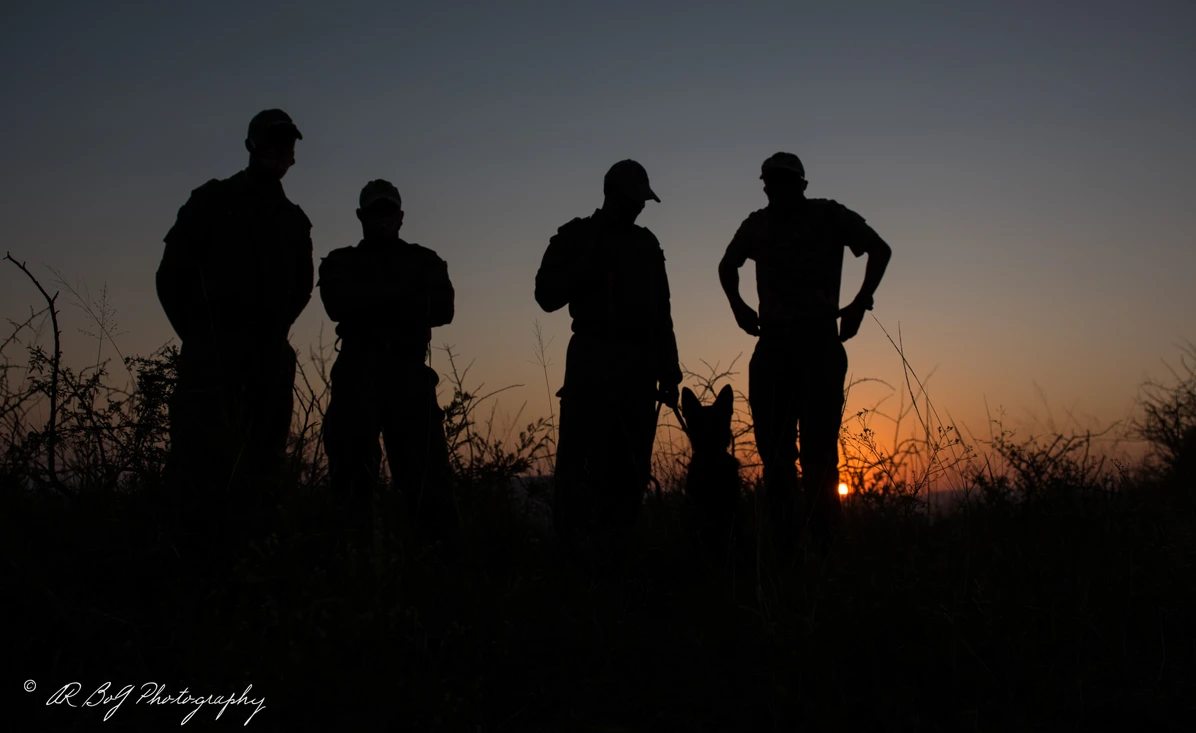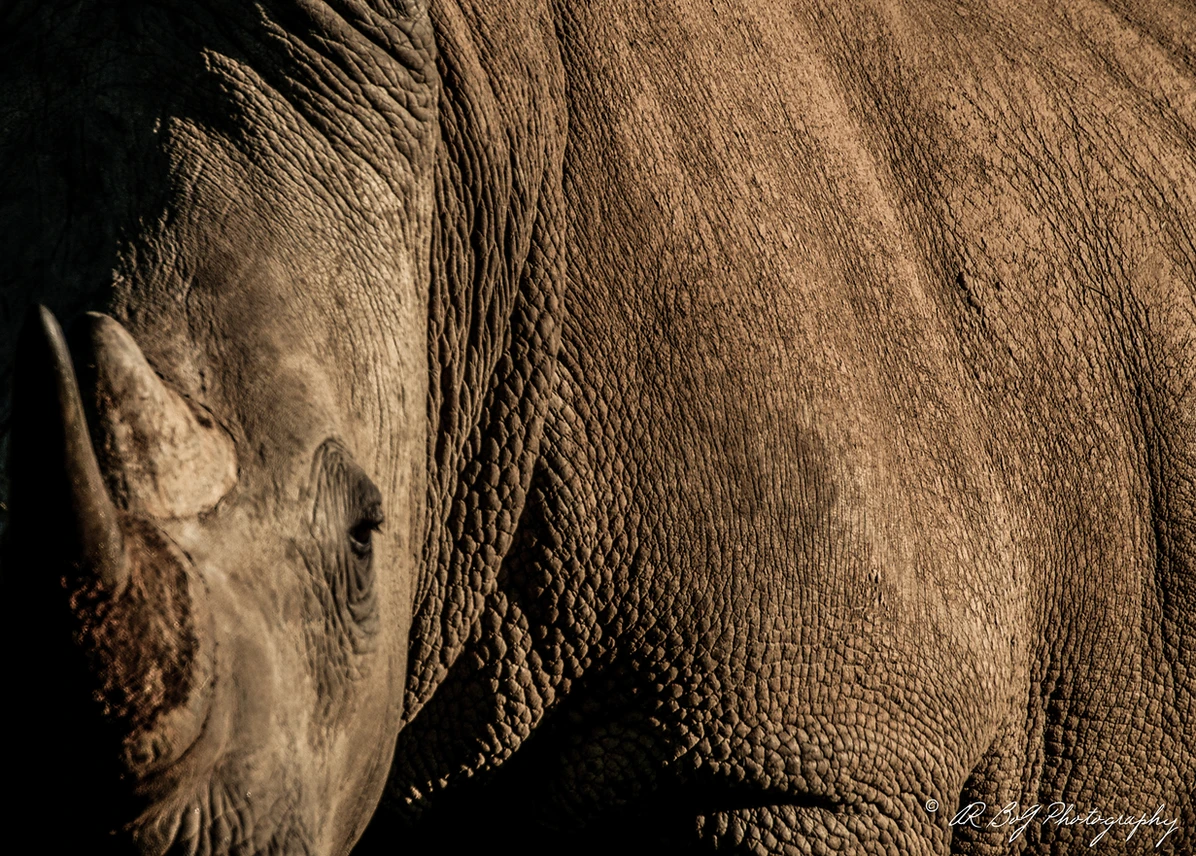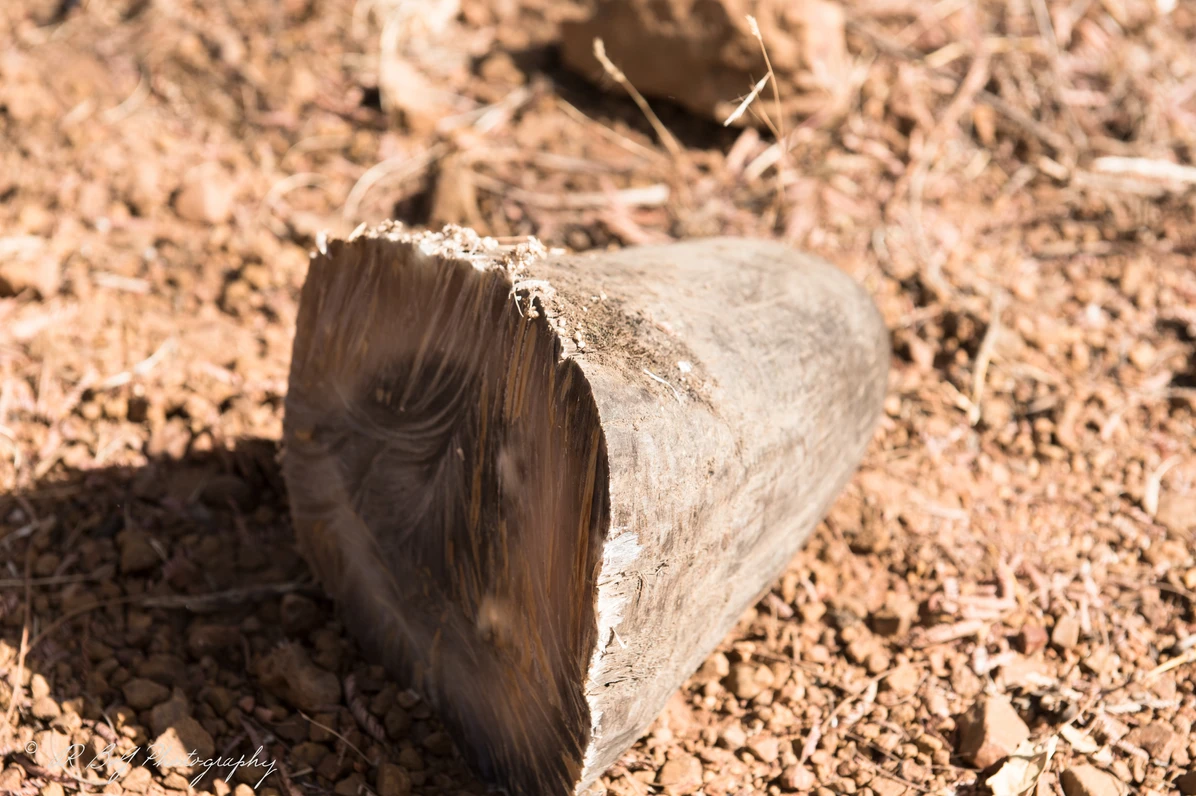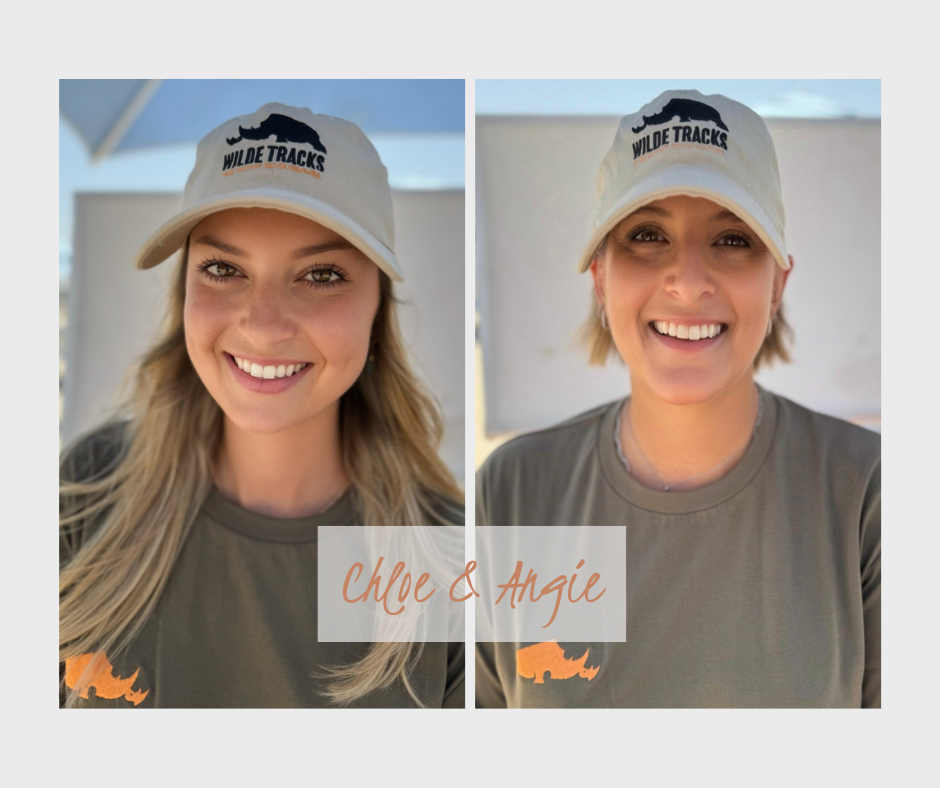
The Importance of Wildlife Conservation: Protecting Rhinos and Beyond
Hi there, we’re Chloe and Angie, founding members of Wilde Tracks. Our mission is to protect wildlife and promote conservation efforts that ensure the survival of endangered species. Today, we want to share our thoughts on the importance of wildlife conservation, with a particular focus on the plight of rhinos. These magnificent creatures need help more than ever, and together, we can make a significant difference.
Why Wildlife Conservation Matters
Wildlife conservation is crucial for maintaining biodiversity, ensuring the health of ecosystems, and preserving the natural beauty of our planet. As human activities continue to encroach on natural habitats, the urgency to protect wildlife grows. Conservation efforts help safeguard the delicate balance of nature, ensuring that future generations can enjoy the incredible diversity of life our planet offers.

Wildlife conservation
The Plight of Rhinos
Among the many species facing threats, rhinos are particularly vulnerable. These majestic creatures have roamed the earth for millions of years, but today they are on the brink of extinction. The primary threat to rhinos is poaching, driven by the high demand for their horns, which are erroneously believed to have medicinal properties and are seen as status symbols in some cultures.
Why Rhinos Need Protection
- Ecosystem Health: Rhinos play a vital role in their ecosystems. As mega-herbivores, they help shape the landscape, promoting the growth of diverse plant species and providing habitats for other animals.
- Biodiversity: Protecting rhinos means preserving biodiversity. Every species lost disrupts the ecosystem, leading to unforeseen consequences.
- Tourism and Economy: Rhinos attract wildlife enthusiasts and tourists, contributing significantly to the local economy. Their survival is tied to the prosperity of many communities.

Rhino Dehorning: A Controversial but Necessary Measure
To combat the devastating impact of poaching, conservationists have adopted various strategies, one of the most effective being rhino dehorning. This practice involves the safe and humane removal of rhino horns by skilled veterinarians. Here’s why it’s done:
- Deterrent to Poachers: Dehorning makes rhinos less attractive targets for poachers. Without their horns, the rhinos are not valued as highly on the black market.
- Non-lethal: The procedure is carried out under strict ethical guidelines, ensuring minimal harm to the animals. The horns are made of keratin and grow back over time, similar to human fingernails.
- Immediate Impact: In areas with high poaching rates, dehorning provides an immediate, if temporary, reduction in poaching risks, buying time for other conservation measures to take effect.

Our Efforts
At Wilde Tracks, we are committed to protecting rhinos and other endangered species. Our team works tirelessly to monitor wildlife, support operations in situ, and engage local communities in conservation efforts. We believe that education and community involvement are key to successful conservation. Our partners at SCN Travel & More share our passion for sustainability and support our initiatives through their responsible travel programs.
=>See our Eid Trip: 15-21 June 2024
About the authors:
Chloe is the visionary behind Wilde Tracks.
She graduated University on her 21st birthday and two weeks later headed to Shamwari in South Africa to volunteer on their conservation program. Three weeks later, she moved to Dubai as a fresh 21-year-old intern. What was supposed to be a 3-month internship turned into a 7-year career in continuous improvement, advanced technology, and innovation.
Today, after a spontaneous trip to South Africa in 2023, where she was spending time with a wildlife vet and a team of conservationists, she knew this was her calling. She is making it her mission to elevate conservation efforts and protect endangered species from the brink of extinction.
Angie: Dog handler. Photographer. Conservationist. Storyteller.
From helicopter pilot to conservation photographer, Angie’s journey led her to working with incredible canine companions. Her love for Africa’s untamed wilderness ignited her passion for conservation. Starting with a camera in hand, she immersed herself in the world of conservation, documenting the efforts of those protecting endangered species.
Today, Angie is a proud advocate for wildlife and communities, supporting conservation through Wilde Tracks. As a multi-purpose dog handler, she has built K9 units for African Parks in Congo and private entities in Zambia, while dividing her time between the UAE desert and Africa’s wild landscapes.



scn-admin
We are so happy @Angie and @Chloe to collaborate with you. Looking forward to this and all future trips! 🙂